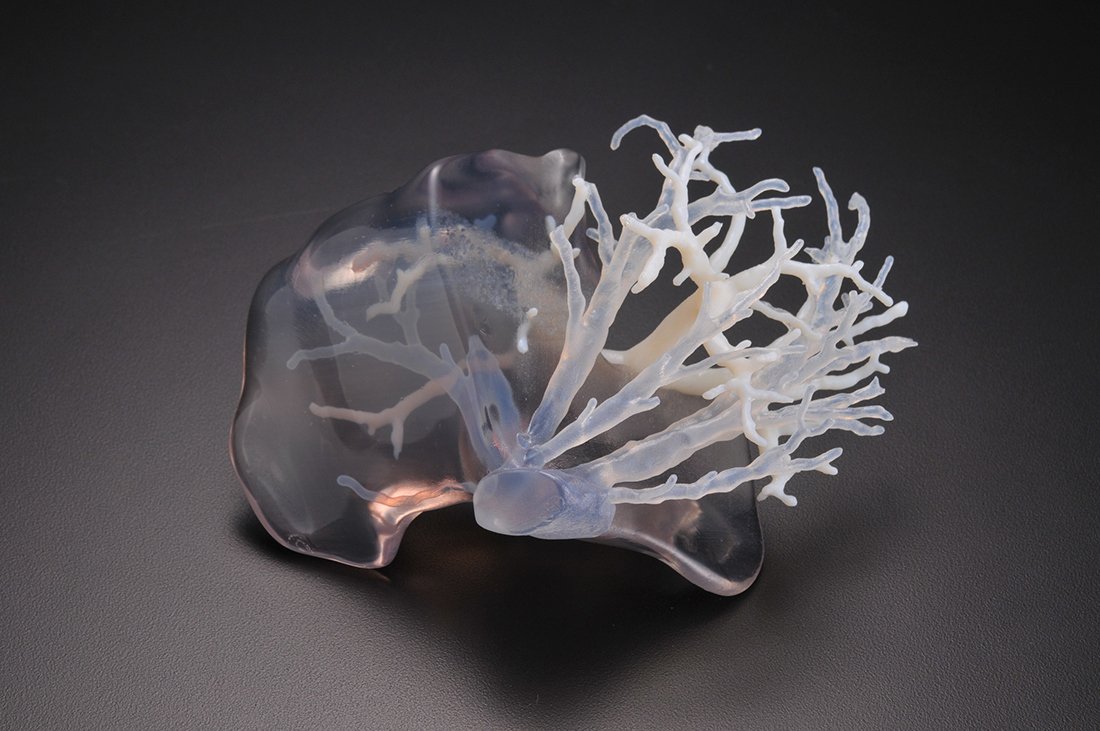FDA releases new guidelines for 3D printing devices
December 06, 2017 | Wednesday | News
FDA is now preparing for a significant wave of new technologies that are nearly certain to transform medical practice.
Image credit- 3Dhubs.com
The U.S. Food and Drug Administration (FDA) has issued new guidelines related to the 3D printing of medical devices. FDA is now preparing for a significant wave of new technologies that are nearly certain to transform medical practice.
3D printing of medical devices, medications and human tissue is quickly becoming a promising reality. Patients have already benefitted from 3D printed medical products through access to personalized devices and innovative drugs that have led to significant health improvements.
The new guidelines include information on how to properly submit devices to the FDA, device design, how to test for function and durability and much more.
The Center for Biologics Evaluation and Research has recently interacted with more than a half-dozen manufacturers who have expressed interest in using 3D printing in some capacity to produce their medical products.
Developing a transparent policy on 3D printing remains an important next step, and FDA plans to explore the role of nontraditional manufacturing facilities like a hospital operating room or university laboratory.
The FDA also plans to review the regulatory issues related to the bioprinting of biological, cellular and tissue-based products in order to determine whether additional guidance is needed beyond the recently released regulatory framework on regenerative medicine medical products.









